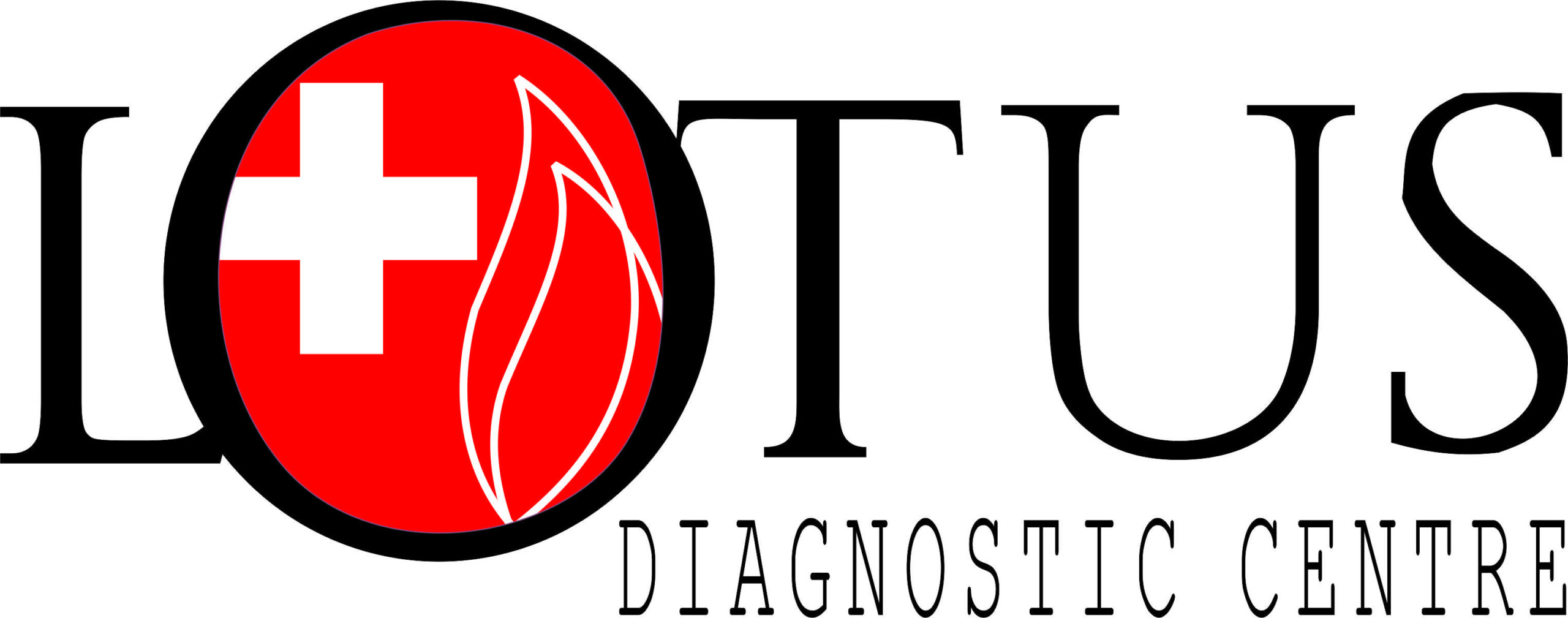
Paediatric Surgery
Paediatric Surgery at Lotus Diagnostic Centre
Paediatric surgery is a specialized branch of medicine that deals with surgical procedures performed on children, ranging from newborns to adolescents. Paediatric surgeons are specially trained medical professionals who focus on providing surgical care to children with various congenital or acquired conditions.
At Lotus, our expert panel of paediatric surgeons have years of experience in the speciality. The clinic is equipped with its own diagnostic centre with state of art equipment. Our services include an in-house diagnostic lab, imaging services including X-rays, ultrasounds and consultations across 20+ specialities. Our patients experience seamless services while seeking consultation, getting tests or scans done and availing their treatment protocols.
Why Is Paediatric Surgery Required?
Paediatric surgeons typically undergo rigorous training in general surgery followed by specialized training in paediatric surgery. Below are some common conditions requiring paediatric surgery:
Congenital anomalies: Congenital anomalies are one of the most common reasons for paediatric surgery. These are abnormalities present at birth, which can affect various parts of the body, including the heart, lungs, digestive system, and urinary tract. Paediatric surgeons play a crucial role in treating these conditions, which can be life-threatening if left untreated.
Traumatic injuries: Injuries such as fractures and burns also require surgical intervention in some cases. Paediatric surgeons are skilled in performing surgical procedures to repair these injuries and prevent long-term complications.
Tumors: Tumors can occur in various parts of the body, including the brain, liver, and kidneys. Surgery is often necessary to remove the tumor, and paediatric surgeons work closely with other specialists, such as oncologists, to provide comprehensive care to children with cancer.
Appendectomy: Appendectomy is a surgical procedure that involves the removal of the appendix. It is typically performed in children with acute appendicitis, which is an inflammation of the appendix that can cause abdominal pain, fever, and vomiting.
Circumcision: Circumcision involves the removal of the foreskin of the penis. It is typically performed on newborns and infants for cultural or medical reasons, such as to reduce the risk of urinary tract infections.
Hernia repair: Surgery may be required for the correction of a hernia, which is a bulging of an organ or tissue through a weak spot in the abdominal wall. Hernia repair is commonly performed in infants and children, and it can help to prevent complications such as intestinal obstruction.
Tonsillectomy and adenoidectomy: Tonsillectomy and adenoidectomy are surgical procedures that involve the removal of the tonsils and adenoids, respectively. These are typically performed in children who suffer from recurrent tonsillitis, sleep apnea, or other breathing problems.
Palate repair: Palate repair is performed to correct a cleft palate, which is a congenital condition where the roof of the mouth is not fully formed. This procedure can help to improve a child’s ability to eat, speak, and breathe.
Orthopedic surgeries: Orthopedic surgeries are surgical procedures that involve the correction of bone and joint deformities or injuries. Some common orthopedic surgeries performed on children include fracture repairs, scoliosis correction, and clubfoot correction.
In addition to providing surgical care, paediatric surgeons also play a crucial role in managing the postoperative care of children. They work closely with paediatricians, nurses, and other healthcare professionals to ensure that children receive comprehensive care and support during their recovery.
Procedures Conducted by Paediatric Surgeons
Below are some of the procedures that a paediatric surgeon may perform:
Minimally invasive surgery: Paediatric surgeons are trained in performing minimally invasive procedures, such as laparoscopic and thoracoscopic surgeries. These procedures involve making small incisions and using specialized instruments and a camera to perform the surgery, resulting in less pain, faster recovery time, and less scarring.
Open surgery: In some cases, open surgery may be necessary to treat certain medical conditions in children. This involves making larger incisions to access the affected area of the body and performing the surgery. Paediatric surgeons are trained in a wide range of open surgeries, such as appendectomy, hernia repair, and tumor removal.
Neonatal surgery: Neonatal surgery is performed on newborn babies who have birth defects or other medical conditions that require surgical intervention. Paediatric surgeons who specialize in neonatal surgery work closely with neonatologists and other medical professionals to provide comprehensive care to newborns.
Oncologic surgery: Paediatric surgeons work with oncologists to provide surgical treatment to children with cancer. This may involve the removal of tumors, biopsy procedures, and other types of surgical intervention.
Trauma surgery: Paediatric surgeons may be called upon to perform surgical procedures on children who have suffered traumatic injuries, such as fractures, burns, or lacerations. They work with other medical professionals to provide comprehensive care to children with traumatic injuries.
Organ transplantation: Paediatric surgeons may be involved in performing organ transplantation surgeries in children, such as kidney or liver transplants. They work with a team of medical professionals to ensure that the child receives the best possible care before, during, and after the transplant surgery.
In conclusion, paediatric surgeons are highly skilled medical professionals who are trained to perform a wide range of surgical procedures on children. They work with a team of medical professionals to provide comprehensive care to children with various medical conditions that require surgical intervention. Whether it’s a minimally invasive procedure or a complex open surgery, paediatric surgeons are dedicated to ensuring the best possible outcome for their young patients.
Pediatric Surgeons at Lotus

